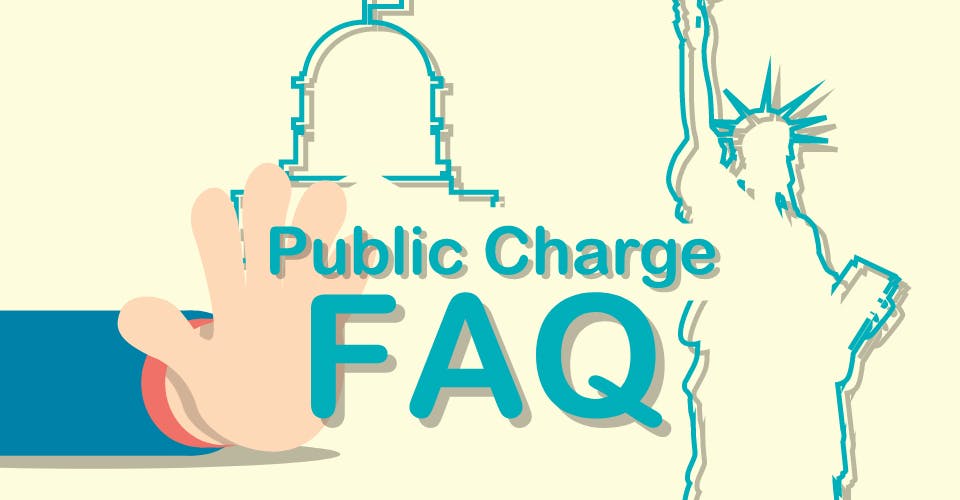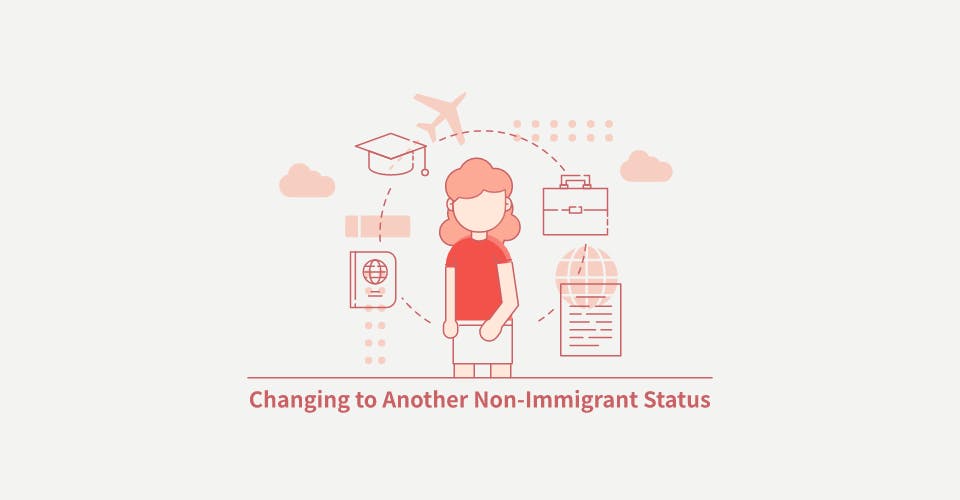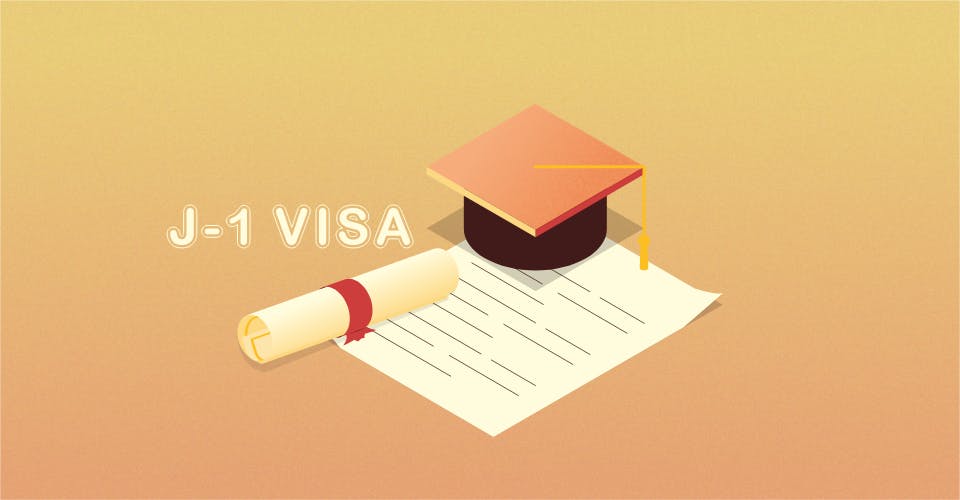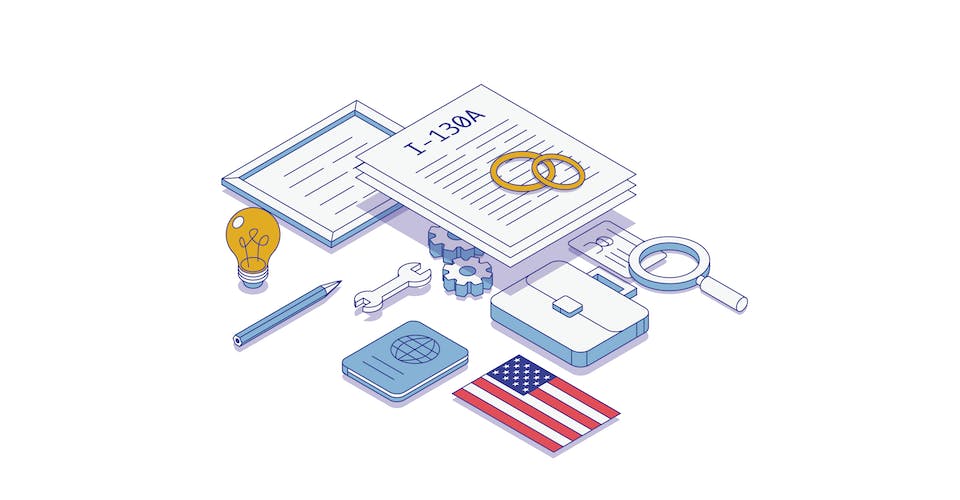The Public Charge rule is part of the Immigration and Nationality Act (INA), under Section 212(a), that proposes to prescribe how it determines whether an alien is inadmissible, or admissible to the United States. Public charge revolves around whether or not applicants will need public benefits (how many benefits and how often), paid for by the U.S. government, and therefore taxpayer money.
The rule seeks to admit applicants who will need assistance with groceries or certain medication, or with one public benefit at a time, but tends to reject applicants who might need multiple assistance programs at the same time for an undefined period of time while already living in financial uncertainty. Each case is different and each applicant presents their own assets and liabilities before the USCIS.
As such, here are some important frequently asked questions as to this process:
Q: Who is in charge of adjudicating whether or not an applicant is indeed a public charge?
A: The USCIS, and by extension the Department of Homeland Security.
Q: Who constitutes being a public charge?
A: A non-citizen who is applying for admissibility into the United States for a non-immigrant visa, or green card, and is found by the USCIS, based on the entirety of their application, to have needed public assistance for 12 months or longer within a 36 month time period.
Q: Are refugees and asylees eligible for benefits in the United States?
A: Yes, and refugees and asylees are excluded from the category of applicants who would be considered potentially inadmissible based on the public charge rule, according to the INA.
Q: What are some common public benefits that would be reviewed by a USCIS officer processing new cases?
A: Supplemental Nutrition Assistance Program (SNAP), Supplemental Security Income, Medicaid (federally funded), Section 8 Housing Assistance, Tribal cash benefit programs
Q: Who is most likely to become a public charge based on statistical evidence and past case management?
A: Applicants who are seeking LPR status in the United States based on a family relationship.
Q: Does having a history of losing your job make you inadmissible based on the public charge rule?
A: It is definitely a factor weighing against applicants. However, other information such as the number of dependents (children) an applicant has, as well as their financial history and also college degrees and skills used in the workforce are also assessed during this part of the application process.
Q: Are applicants for initial or renewal of Deferred Action for Childhood Arrivals (DACA) status considered eligible for inadmissibility based on the public charge rule?
A: No, DACA applicants are considered a special group of non-citizens exempt from such the public charge rule.
Q: How does one's age factor into the decision-making process of whether someone would be considered a public charge or not?
A: Age can either be an asset or a liability from this standpoint. If you are young and healthy, you will have nothing to worry about based on the public charge rule as you won’t likely need public benefits to aid your lifestyle. However, if you are older, have a chronic condition that requires constant treatment, your age can be considered a liability from a public needs perspective.
Q: Does each additional child on my visa application make me more or less of consideration for a public charge?
A: This depends on other factors as well, mainly one’s employment and financial/familial situation. An executive will most likely have a salary that is able to support one or more dependents and will not be on the USCIS radar. However, another applicant who is still pursuant of a degree and hasn’t formally entered into a career yet, with dependents, might be seen as someone who might need public benefits/additional assistance in the future.
Q: Does my past history of accepting public benefits weigh against my in my current application for a non-immigrant visa?
A: Potentially. It depends on how long ago and for the duration of time one needed, or used such public benefits. If a USCIS officer finds that an applicant hasn’t needed public benefits in 4 four years, that is weighing positively in their favor to be admissible.














